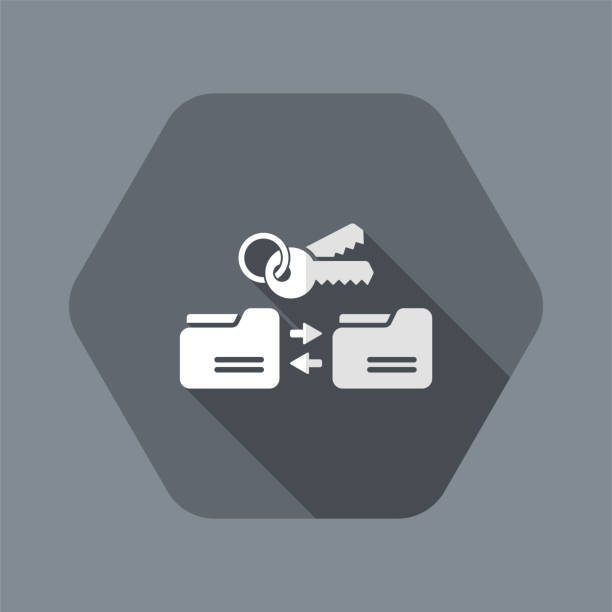Understanding NAS Software: Network-Attached Storage Solutions
In today’s digital age, managing and storing vast amounts of data is a common challenge for individuals and businesses alike. With the exponential growth of data, traditional storage solutions often fall short in terms of scalability, accessibility, and data security. This is where Network-Attached Storage (NAS) software comes into play, offering a versatile and efficient solution for data storage and management.
At its core, NAS software transforms a standard computer into a dedicated storage server, allowing users to store, access, and share files across a network of devices. Unlike traditional storage solutions that rely on local storage drives, NAS software leverages network connectivity to provide centralized storage accessible to multiple users simultaneously.
One of the key advantages of NAS software is its flexibility. Whether you’re a home user looking to centralize your multimedia library or a business in need of a robust data storage solution, NAS software can be tailored to meet your specific requirements. From basic file sharing to advanced features such as data backup, remote access, and multimedia streaming, NAS software offers a wide range of functionalities to suit various use cases.
Moreover, NAS software is designed with scalability in mind. As your storage needs grow over time, you can easily expand your NAS system by adding additional hard drives or upgrading existing ones. This scalability ensures that your storage solution can adapt to the changing demands of your data-intensive applications without the need for costly hardware replacements.
Security is another critical aspect of NAS software. With built-in encryption, access controls, and user authentication mechanisms, NAS software provides a secure environment for storing sensitive data. Additionally, many NAS software solutions offer features such as RAID (Redundant Array of Independent Disks) to protect against data loss due to hardware failures.
When it comes to choosing the right NAS software for your needs, there are several factors to consider. Firstly, consider the scalability and performance requirements of your storage solution. If you anticipate rapid growth in data volume or require high-speed access to your files, opt for NAS software that offers support for advanced storage technologies such as SSD caching and RAID configurations.
Furthermore, compatibility with your existing hardware and software ecosystem is essential. Ensure that the NAS software you choose is compatible with your network infrastructure, operating systems, and applications to avoid compatibility issues down the line.
Several factors warrant consideration when choosing NAS software. Scalability and performance requirements dictate the choice of software. Advanced storage technologies like SSD caching and RAID configurations are crucial for organizations anticipating rapid data growth or requiring high-speed access.
Compatibility with existing hardware and software ecosystems is pivotal. Ensuring seamless integration with network infrastructure, operating systems, and applications minimizes compatibility issues.
Usability and management simplicity are equally essential. Intuitive interfaces and management tools streamline setup, configuration, and maintenance tasks. Availability of technical support and comprehensive documentation enhances user experience.
The versatility of NAS software finds applications across diverse sectors. In home environments, NAS software centralizes multimedia libraries, facilitating seamless access to digital content across devices. Small businesses benefit from cost-effective storage solutions, enabling efficient file sharing and collaboration among employees.
Medium to large enterprises leverage NAS software for data-intensive operations. From data analytics to archival storage, NAS systems serve as robust infrastructure supporting critical business functions. Enhanced security features make NAS software particularly attractive for storing sensitive corporate data.
Despite its advantages, NAS software is not without challenges. Scalability may pose limitations for rapidly expanding organizations, necessitating periodic upgrades. Data security remains a perpetual concern, especially in the face of evolving cyber threats.
Future trends in NAS software focus on addressing these challenges while enhancing functionality. Integration with cloud storage platforms enables hybrid storage solutions, combining the benefits of on-premises NAS with the scalability of cloud storage. Artificial intelligence and machine learning algorithms may be leveraged for predictive maintenance, optimizing NAS performance and reliability.
Another consideration is the ease of use and management of the NAS software. Look for intuitive user interfaces and management tools that simplify the setup, configuration, and maintenance of your NAS system. Additionally, consider the availability of technical support and documentation to assist you in troubleshooting any issues that may arise.
In conclusion, NAS software is a versatile and efficient solution for storing, managing, and sharing data across networks. Whether you’re a home user or a business, NAS software offers scalability, flexibility, and security to meet your storage needs. By considering factors such as scalability, compatibility, and ease of use, you can choose the right NAS software to empower your organization with reliable and accessible data storage solutions.
With its myriad of features and benefits, NAS software stands as a pillar in the realm of data management, offering individuals and organizations alike the means to efficiently manage their digital assets. So, whether you’re a small business looking to streamline your file-sharing processes or a home user seeking to centralize your multimedia collection, investing in NAS software could be the key to unlocking a world of storage possibilities.







